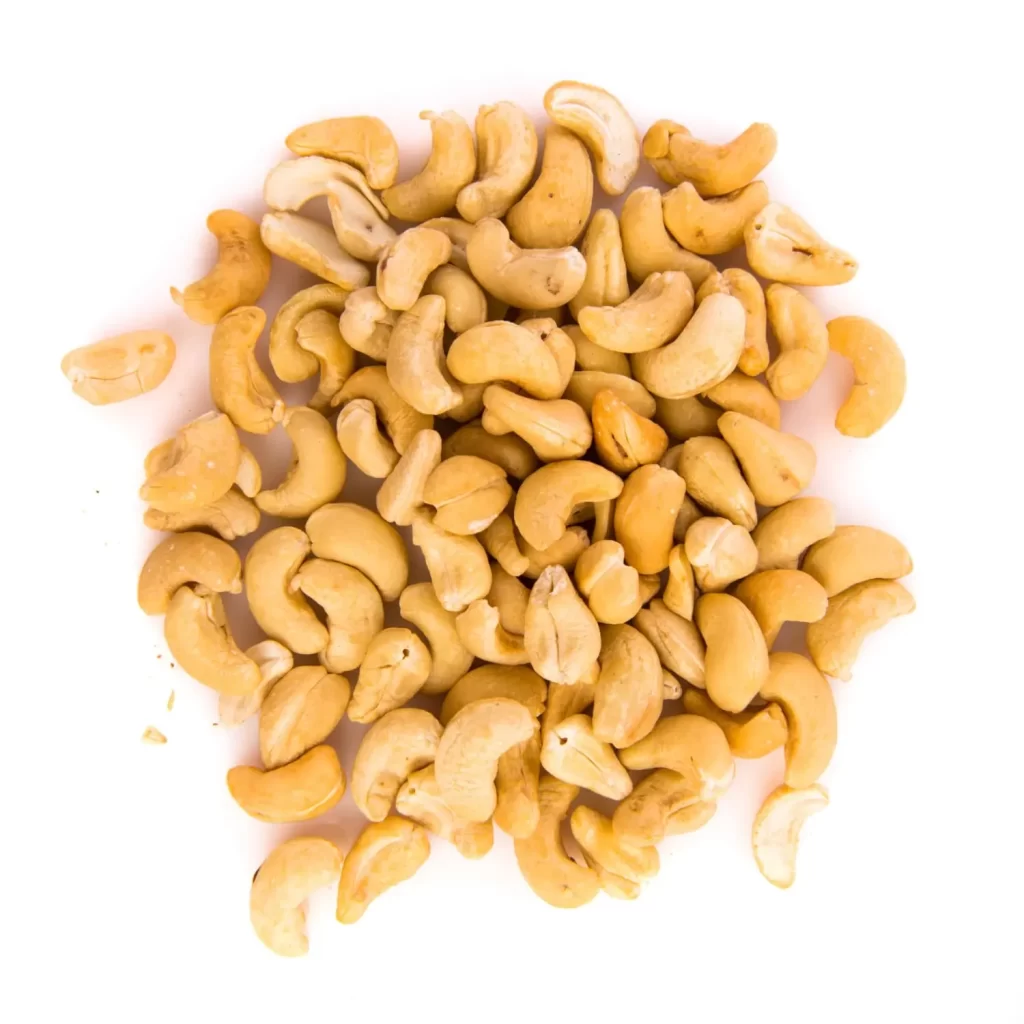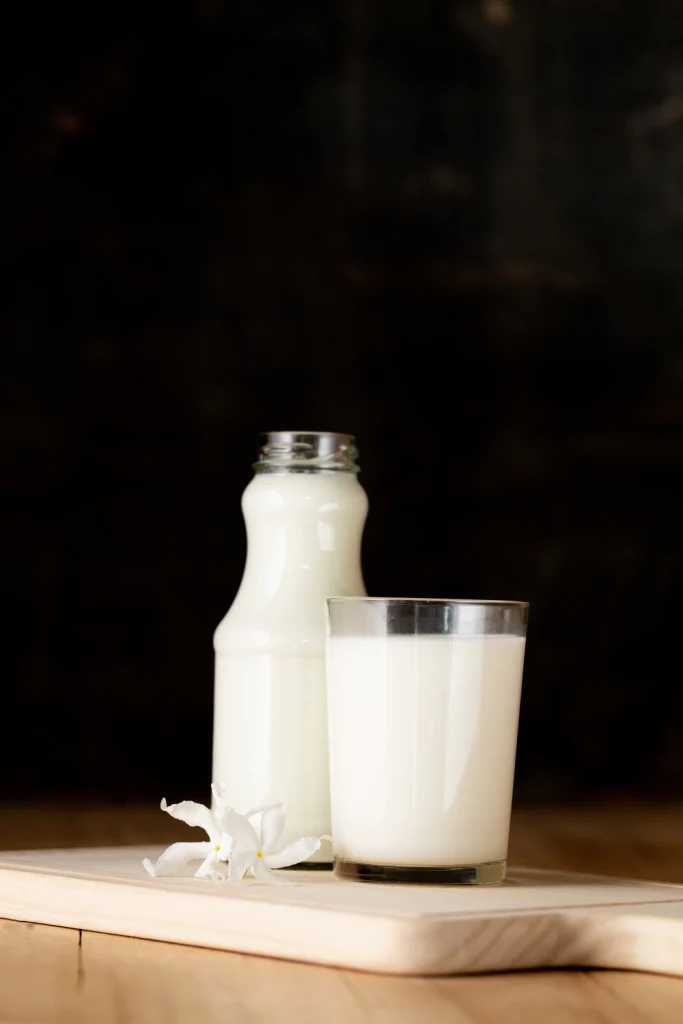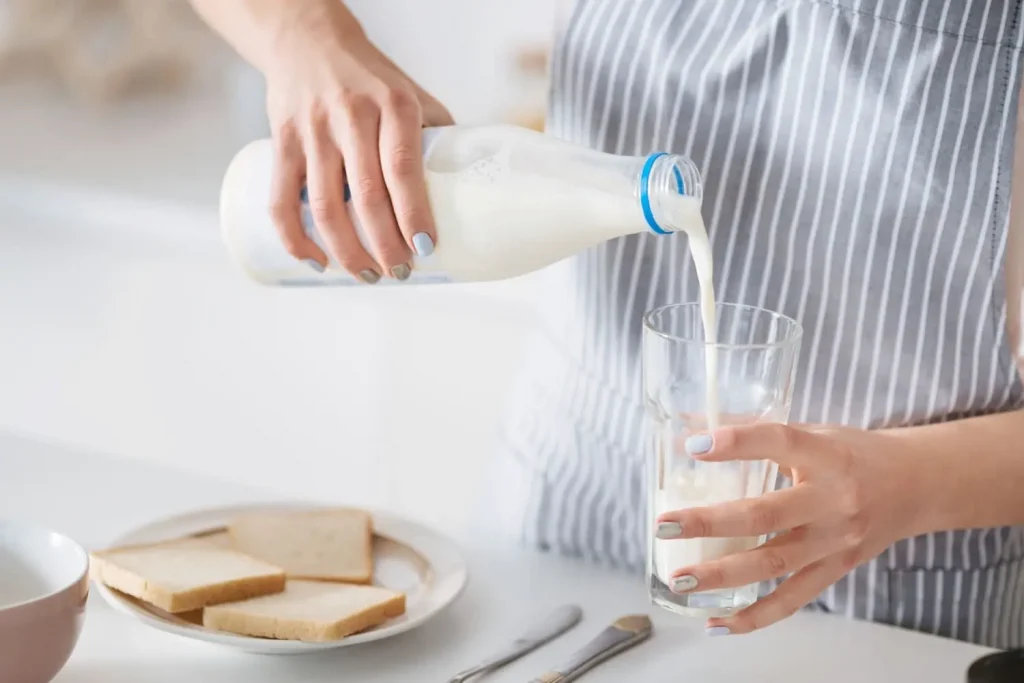Gout frequently poses challenges for numerous individuals, and it’s commonly linked to diverse food types. In particular, cashews are often scrutinized in connection with gout. Are allegations about cashews triggering gout is accurate? Let’s dispel this misconceptions and know the fact!
Gout and Its Symptoms
Gout is a health issue when the body makes too much uric acid or can’t get rid of it properly (hyperuricemia).
In simpler terms, uric acid is like leftover food waste that the body needs to flush through the kidneys. However, the kidneys sometimes struggle to remove uric acid efficiently, causing it to build up and lead to health issues.
This shows that consumption of foods containing purines is not the only factor causing uric acid to buildup. However, if there are signs of high uric acid levels, then there are several foods that must be limited and avoided so it won’t make the gout worsen.
How Much Purine is in Cashew Nuts?
Purine is a substance created by the body and found in various foods. While purine is essential, its levels must be balanced. Too much purine can make it challenging for the body to process, leading to the formation of uric acid that accumulates in the joints.
Foods are grouped based on their purine content:
- Low: 0-50 mg purines per 100 g
- Medium: 50-150 mg of purines per 100 g
- High: >150 mg of purines per 100 g
The USDA Agricultural Research Service database shows that nuts typically have less than 50 mg of purines per 100 grams. However, the exact purine content of cashews has yet to be made available.
Are Cashews Safe to Consume for People with Gout?
Absolutely! Cashews are gout-friendly if you consume them in moderation. There is no evidence indicating that cashews harm individuals with gout.
Keep in mind that gout is caused by many factors. Studies show that high blood pressure and type 2 diabetes are linked to high uric acid levels. In addition, cashews have other nutrients, like zinc.
A study in the United States showed that individuals with higher zinc intake tended to have a lower risk of gout. This pattern held true for both men and women, particularly those without hypertension or diabetes.
The research indicates that eating purine-rich foods isn’t the only reason for uric acid buildup. However, suppose you already have high uric acid levels. Cutting back or avoiding certain foods is an excellent idea to prevent worsening.
Dietary Restrictions for Individuals with Gout
Having gout doesn’t mean you can’t eat well. Here’s a list of foods you can enjoy, modify, and prevent!
a. Recommendantion
Enjoy low-purine foods daily, such as rice, cassava, sweet potatoes, bread, veggies (except Group B), cereals, dairy, and all fruits.
b. Food That Should be Limited
Limit moderate-purine foods. Control quantity and frequency, paying extra attention to mushrooms, meat, fish, chicken, tofu, tempeh, tea, and coffee.
c. Food that should be Avoided
Avoid high-purine foods, such as innards, sardines, anchovies, mackerel, mussels, ham, soda, and alcohol.
Arummi’s Recommendation: Let’s Grab Cashew Milk!
Now that you know the details, you no longer have to worry about eating cashews. But munching on plain cashews can be tedious.
Here’s a fun idea – try the cashew milk from Arummi. Grab this product at your nearest supermarket!









































